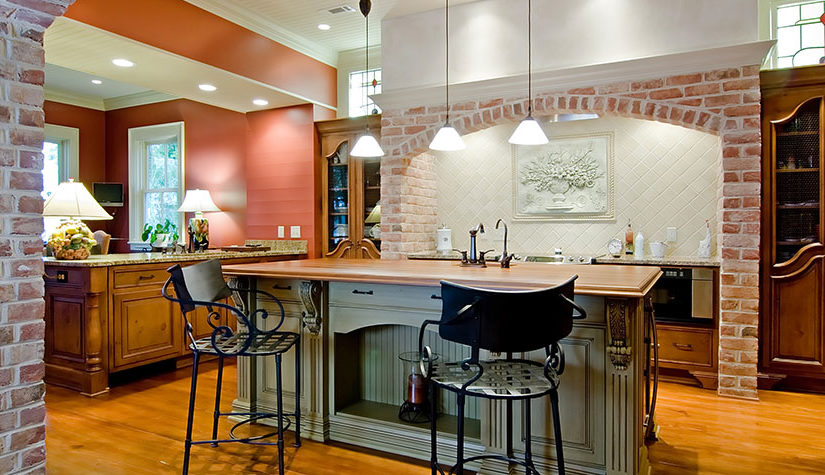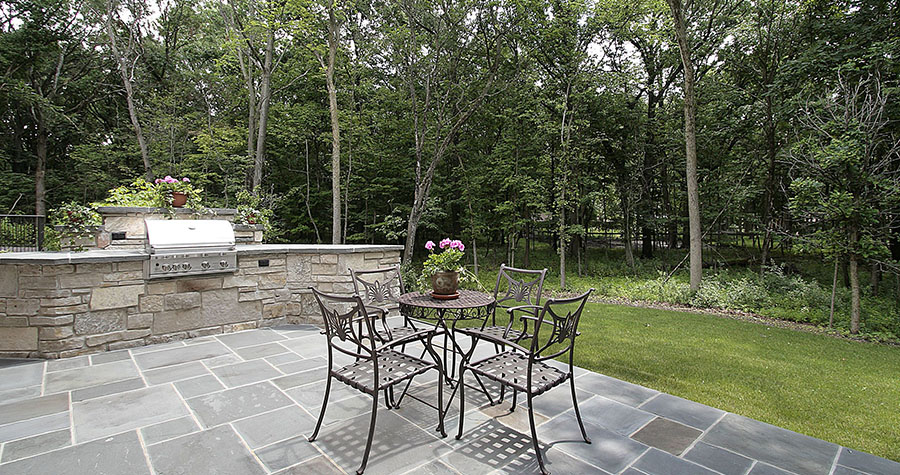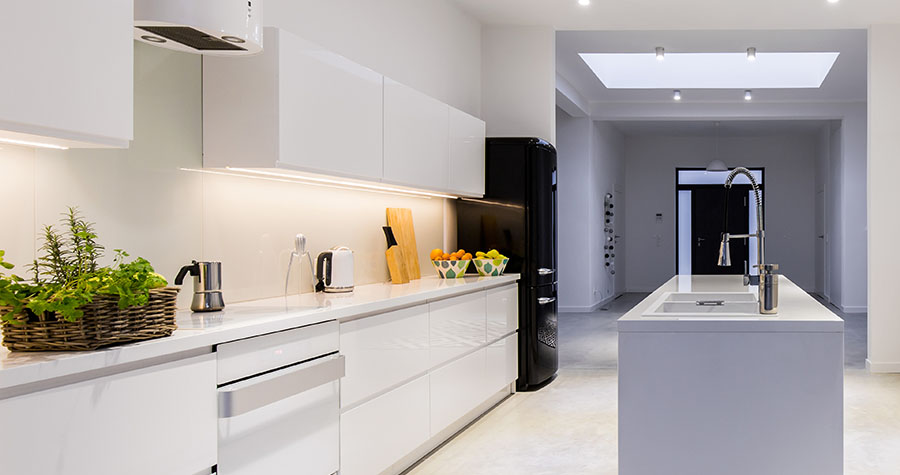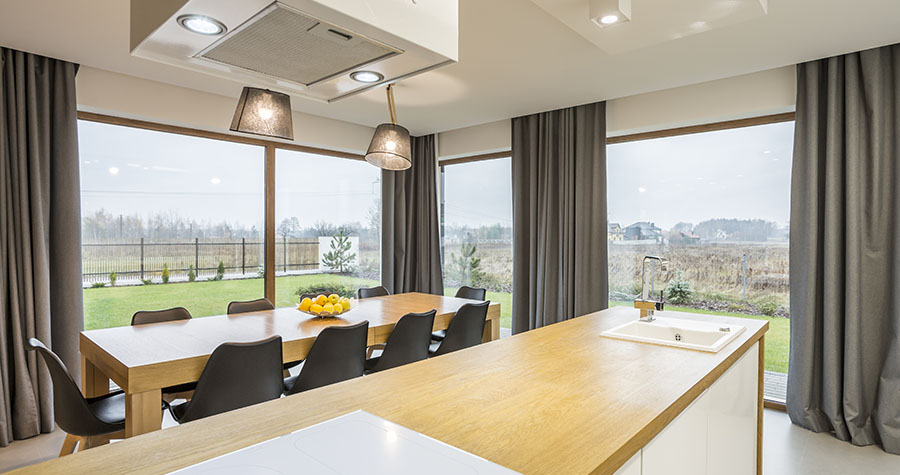Countertops are an essential component of a kitchen, without which the room is completed. Choosing the proper sort of countertop for your new kitchen may be a daunting task. This is due to the fact that it is a single decision, and there are several possibilities on the market. Variations in texture, color, and many other factors can be found. However, quartz countertops continue to be the most popular choice.
Quartz countertops do not often made entirely of quartz. Rather, they are a composite of artificial resin and quartz. Granite countertops, on the other hand, make use of natural granite stone. Each of these materials has advantages and downsides.
So, which one should you go with?
In this post, we examine the advantages and disadvantages of both of these materials so that you may make the best decision!
Quartz surfaces
First, let’s look into quartz countertops.
What are the advantages and disadvantages of quartz countertops?
Quartz countertops are extremely durable. In terms of strength, some compare them to granite. They are, nevertheless, significantly more malleable than granite. As a result, the risks of cracking are reduced.
Furthermore, because quartz is nonporous, it does not require sealing. Quartz kitchen worktops are almost maintenance-free.
Regardless of their toughness, they are not invincible. Quartz may begin to lose its color over time. If your countertop is exposed to sunlight, you will see this impact more faster. This can impair its aesthetic attractiveness in as little as 4 to 5 years.
In some cases, seams can be seen on a quartz surface. They will be less obvious if you select a dark hue.
How much do quartz countertops cost?
Quartz countertops are significantly less expensive than granite countertops. Nonetheless, for any of the two, you will need to spend some money. However, granite countertops are less expensive than quartz countertops.
Please keep in mind this won’t apply in all circumstances. For example, depending on the grade of the material, the prices of both materials might vary greatly.
Granite used to be substantially more expensive around a decade ago. Quartz countertops, on the other hand, have been in the competition for more than a decade. In general, while granite prices declined somewhat, producers upped quartz prices.
Granite worktops
Let us now examine the benefits and drawbacks of granite countertops.
Granite countertop advantages and disadvantages
Just like engineered stone, natural granite stone is also used to make granite kitchen countertops. As a result, they do not have a consistent hue. Others may dislike them because of their appearance.
Granite is extremely sturdy and may last for a long period. However, it is not very adaptable. As a result, if used harshly, it is prone to chipping or shattering.
One disadvantage is that granite countertops must be maintained on a regular basis. Because of their porous nature, they must be sealed every year.
On the negative, seams in granite countertops cannot be completely disguised. Good fabricators, on the other hand, can lessen their overall exposure. As a result, they might be made difficult to detect.
Conclusion
Quartz is among the most widely used material for countertops. The same is the case with granite. However, your choice will depend on several factors such as your budget and the aesthetic that you are after. So, make sure that you have done the right amount of research before you go to the market to buy a countertop.
Because both have advantages and cons, the choice ultimately comes down to the buyer’s preference. If you contact granite countertops Durham NC shops, make sure to express all your worries and expectations. You will be able to make a worthwhile investment for many years!




